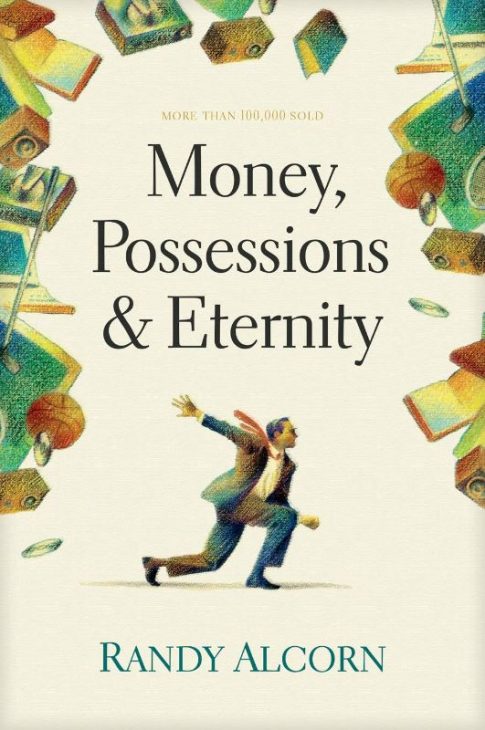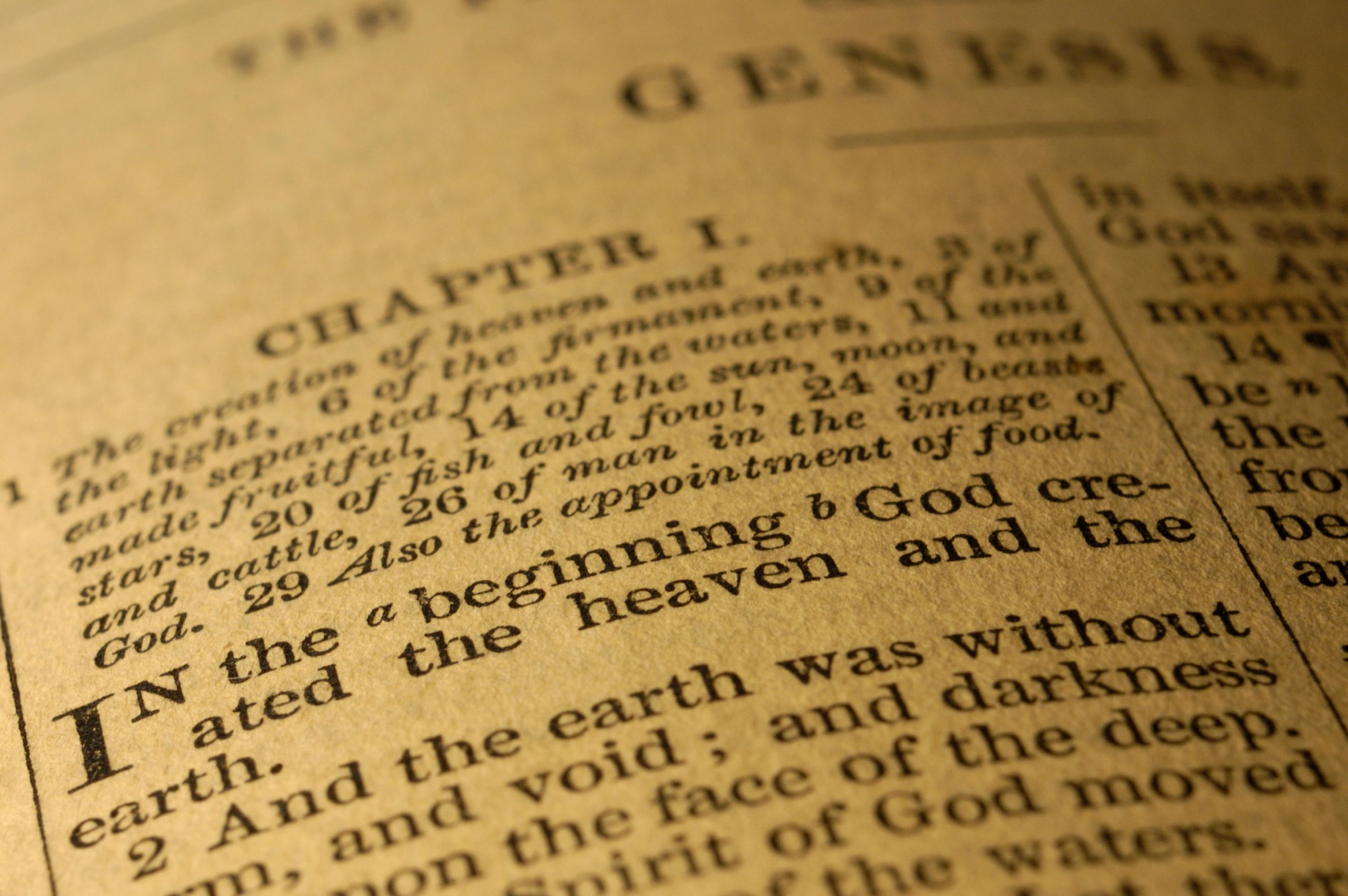When Zacchaeus said he would give half his money to the poor and pay back fourfold those he had cheated, Jesus did not merely say, “Good idea.” He said, “Today salvation has come to this house” (Luke 19:9). This is amazing. Jesus judged the reality of this man’s salvation based on his willingness—no, his cheerful eagerness—to part with his money for the glory of God and the good of others.
Then there’s the counterpart to Zacchaeus—the rich young ruler (Matthew 19:16-30; Luke 18:18-30). This earnest, decent, hardworking young professional asked Jesus what good thing he could do to get eternal life. When Jesus recited God’s commandments, the man said he had kept them all. Then the Lord delivered his bottom line: “Go, sell your possessions and give to the poor, and you will have treasure in heaven. Then come, follow me” (Matthew 19:21).
We would certainly handle the situation differently! First, we would probably commend the rich young ruler for his interest in spiritual things. Then we might tell him, “Just believe, that’s all; ask God into your life—you don’t really have to do anything.”
When he said, “Okay, I believe” (which no doubt he would, since it cost nothing), we would consider him a follower of Christ. Think how blessed we would feel, knowing that God’s kingdom was greatly enhanced by the conversion of this well-known wealthy man! Soon there would be articles and books about him. He’d be on TV and radio talk shows. He’d be put on mission and church boards, speak at rallies, and receive invitations to share his testimony in churches and conferences across the country, likely making him into a richer young ruler.
Lacking our sophisticated, twenty-first century knowledge of how to close a conversion, Jesus said something that cost him a valuable convert: “Sell your possessions, give to the poor, and follow me.” We might surmise by the results that this was the wrong thing to say: “When the young man heard this, he went away sad, because he had great wealth” (Matthew 19:22).

After losing this potential follower, a man so sincere that he was grieved to turn away, Jesus said to his disciples, “I tell you the truth, it is hard for a rich man to enter the kingdom of heaven” (Matthew 19:23). He said it was harder than for a camel to go through a needle’s eye (which, contrary to some modern interpretations, was no easier then than it is now). This statement left the disciples “greatly astonished” (Matthew 19:23-25). They did not understand the barrier that wealth presents to genuine spiritual birth and growth. Apparently, neither do we.
Notice that Jesus didn’t tell the young man to give 10 percent to the poor. (If he was truly an obedient Jew, he already did that.) Neither did Jesus say, “Set up a trust fund, keep the principal intact, and give the interest to the poor.” The young man would have gladly done that. Instead, Jesus stopped him dead in his tracks by telling him to give up everything and follow him.
As we’ll see in a later chapter, Jesus did not and does not call all his disciples to liquidate their possessions, give away all their money, and leave home. But Jesus knew that money was the rich young man’s god. He also knew that none of us can enthrone the true God unless in the process we dethrone our other gods. If Christ is not Lord over our money and possessions, then he is not our Lord. Just as Jesus gauged Zacchaeus’s true spiritual condition by his willingness to part with his money, so he gauged the rich young ruler’s true spiritual condition by his unwillingness to part with his money. Jesus sees our hearts and souls and he knows us just as well as he knew those two men. He will call us to take action that breaks our bondage to money and possessions and frees us to live under his exclusive lordship.
The principle is timeless: There is a powerful relationship between our true spiritual condition and our attitude and actions concerning money and possessions.

Zacchaeus and the rich young ruler are not isolated cases. When people asked John the Baptist what they should do to bear the fruit of repentance, he told them first to share their clothes and food with the poor. Then he told the tax collectors not to collect and pocket extra money. Finally he told the soldiers not to extort money and to be content with their wages (Luke 3:7-14).
No one asked John about money and possessions. They just asked him what they should do to bear the fruit of spiritual transformation. Yet all his answers relate to money and possessions. Those two things were of such high priority, so close to the heart of what it takes to follow God, that John couldn’t talk about spirituality without talking in terms of how we handle our money and possessions.
In the story recounted in Acts 19:18-20, the Ephesian occultists demonstrated the reality of their spiritual conversions by their willingness to burn their magic books, which were worth the vast sum of 50,000 days’ wages, the equivalent of perhaps six million dollars in today’s economy. The depth of transformation in the lives of the early Christians was most clearly evident in their willingness to surrender their money and possessions to meet each other’s needs (Acts 2:44-45; 4:32-35).
It was no more natural for the Christians in the book of Acts to cheerfully liquidate and disburse assets they had spent their lives accumulating than it would be for us. And that’s the whole point. Conversion and the filling of the Holy Spirit are supernatural experiences that produce supernatural responses—whether in the first century or the twenty-first. Although private ownership of property was still practiced by the early Christians, the joyful giving and sharing of this property became the new norm of supernatural living.
If John the Baptist (or a first-century Christian) were to visit us today and gauge our spiritual condition by our attitudes and actions regarding money and possessions, what conclusions would he come to?
When you look around our Christian communities today, what do you see in our handling of money and possessions that can only be explained by the supernatural work of God?
Taken from Money, Possessions & Eternity by Randy Alcorn Copyright © 2021. Used by permission of Tyndale House Publishers, Inc.

This practical and refreshing theology of money contains topical and Scripture indexes, a study guide, and five helpful appendixes.
Randy Alcorn presents a biblical and comprehensive view of money and possessions, including the following:
- Why is money so important to God?
- How can we be liberated from materialism?
- What should we do about debt?
- How much does God want us to give?
- What about gambling? Investing? Insurance? Saving? Retirement? Inheritance?
Who wants to settle for fleeting treasures on earth . . . when God offers everlasting treasures in heaven? It’s time to rethink our perspectives on money and possessions. In this thoroughly researched classic, Randy Alcorn shows us how to view these things accurately―as God’s provision for our good, the good of others, and his glory.
Money, Possessions & Eternity by Randy Alcorn is available wherever books are sold.













What do you think?